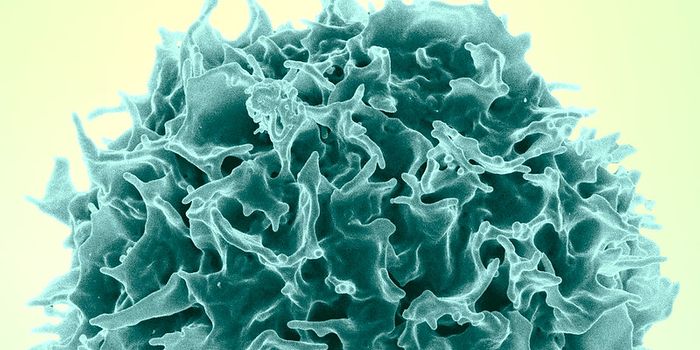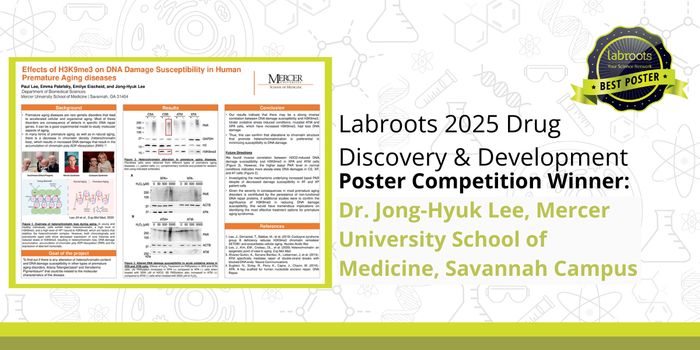A Drug Mimics the Revitalizing Effects of Young Blood
Research has suggested that young blood can have a regenerative influence on older bodies; muscles, including the heart, get stronger, and cognition sharpens. It would be great if scientists could replicate the rejuvenating effects of young blood with a pill. But it may also be possible to reverse the clock on cells that generate the components of blood, and provide older bodies with the beneficial impact of younger blood. New work has investigated the possibility of such an approach, and the findings have been reported in Nature Cell Biology.
When the blood system that creates proteins, cells, and inflammatory molecules called cytokines gets older, there are many bad health consequences, noted co-study author Emmanuelle Passegué, Ph.D., director of the Columbia Stem Cell Initiative. If a person who is 70 years old can be given the blood system of a 40 year old, it may provide that individual with a longer healthspan or longer lifespan, added Passegué.
The billions of blood cells that are made every day come from a relatively small number of stem cells in the bone marrow. These stem cells start to lose function over time; this may lead to lower levels of red blood cells, a condition known as anemia, and the genomes of the stem cells lose integrity and can acquire mutations. Rejuvenating old hematopoietic stem cells has proven challenging, however. Exercise, diet restriction, and transplanting young stem cells has not worked in previous studies to slow aging in the blood system.
In this study, the investigators assessed all of the stem cells that work in hematopoiesis, the blood-generating process. The niche that the stem cells live in was found to be breaking down and overwhelmed by inflammation. The inflammatory molecule IL-1B seemed to be a major player in that dysfunctional niche.
The researchers identified a drug called anakinra (Kineret) that has already been approved as an anti-inflammatory rheumatoid arthritis medication. Anakinra blocked IL-1B, which reversed some of the effects that aging has on hematopoietic cells and had an overall anti-aging effect.
When the scientists blocked IL-1B from triggering inflammation throughout the life of a mouse model, the blood system of the mice as they aged was even more youthful.
Now, the researchers want to see if these findings will hold true for people as well. They also suggested that anti-inflammatory medications that block IL-1B could help improve or maintain healthier blood cell production in elderly people, although clinical trials will be necessary.
Now that human lifespans are being lengthened, it is crucial to learn more about how to improve the healthspan of people too, so that they will experience wellness and healthy aging throughout their lives, noted Linda Fried, MD, MPH, dean of the Mailman School of Public Health at Columbia University and director of the Butler Columbia Aging Center.
Sources: Columbia University, Nature Cell Biology









